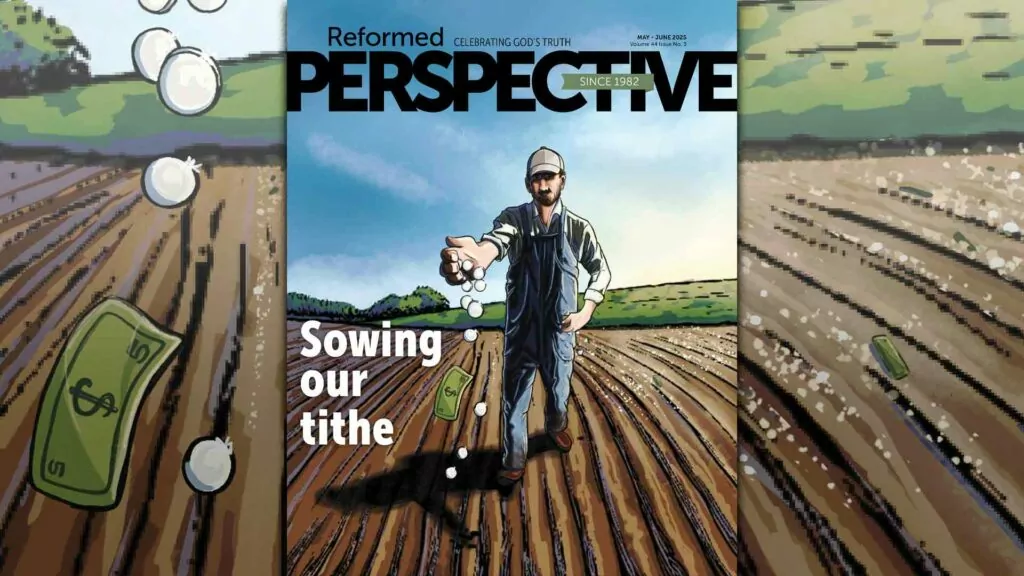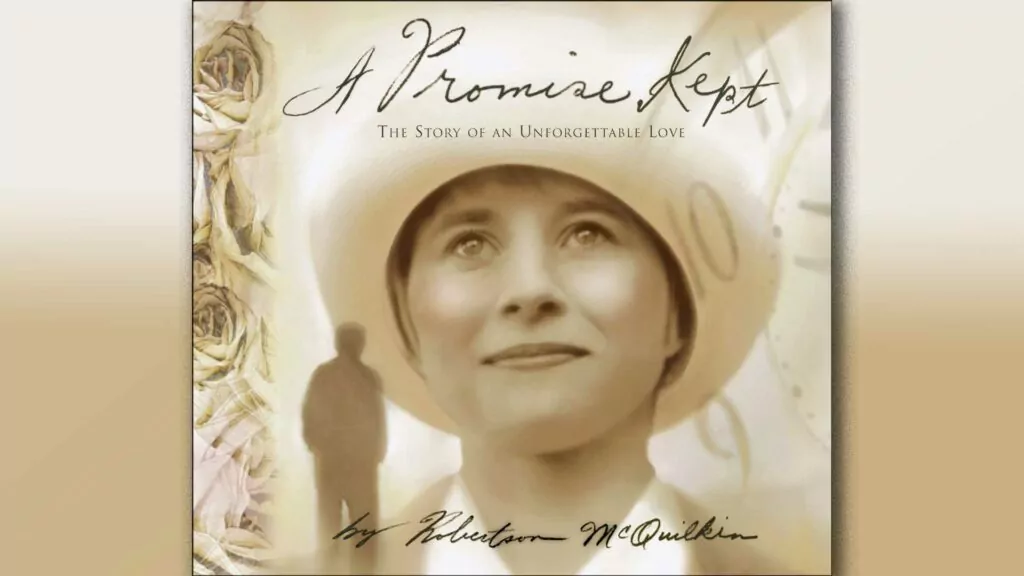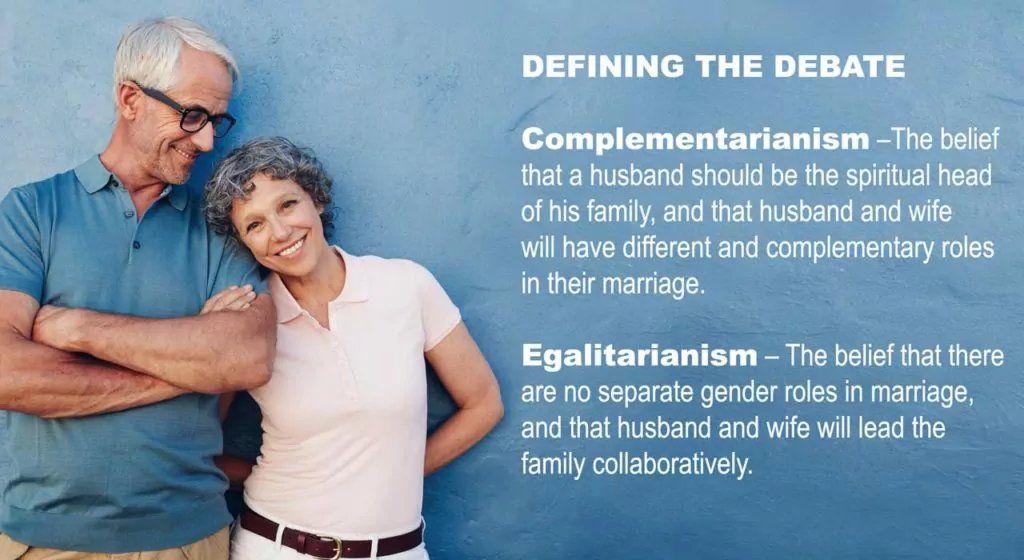Drama
2001 / 102 minutes
Rating: 8/10
This is the true story of Gerrit Wolfaardt, a church-going, Mein Kampf-reading young man who was taught from the pulpit that white South Africans were God’s new chosen people. And the nation’s blacks? Gerrit saw their existence as a problem that could be solved with some inspiration from Hitler. He offers up his own diabolical “final solution”: if black townships could just be stirred to violence, that could be used as the excuse for the white government to come in force and wipe them all out. Gerrit’s wickedness is amplified by his charisma, strength and confidence. Girls notice him, and other young men are willing to listen to him. Older, equally wicked men see potential in him, and ask Gerrit to share his final solution plans. This all has him very sure of his purpose.
And that’s when God uses a girl, and a black pastor, to break him down completely.
This is first and foremost the story of Gerrit’s transformation, but it’s also the story of how a black pastor can befriend the man who wanted to kill him. One man repented, but reconciliation wouldn’t have been possible without forgiveness.
While viewers are taken back and forth through about three decades of time, most of the film takes place in a church. The story begins with three carloads of men, all of them very much like the young Gerrit, raiding a black township and shooting whoever they can. But their intended victims aren’t as helpless as they hoped: the townsfolk start shooting back, the cars crash, and now the raiders are running for their lives. One young man manages to escape his pursuers and makes for a church. There the black pastor holds off the mob that’s crying for this raider’s head. An American television reporter happens to be at the church, there to report on the apartheid in South Africa, and being on camera also encourages the mob to take a more reasonable turn. They are invited into the church, so long as they promise to do so peacefully. There a negotiation takes place, the pastor calling for the raider to be turned in to the police, and the mob spokesman still arguing for his blood.
It’s into this exchange that the older, changed Gerrit Wolfaardt inserts himself. He too is visiting the church, the pastor now an old and much loved friend. To argue for peace, Gerrit starts to share his own story, how he was transformed from little more than a Nazi to a truly God-loving man. The bulk of the movie is then told as a flashback to show us how that change took place.
Cautions
The big concern here is violence. Numerous people are shot when three car loads of apartheidists go on a shooting rampage through a black township. Then when the blacks start shooting back, we see one of the attackers caught and “necklaced” – a car tire is thrown over his body, pinning his arms, and gasoline is poured over him and lit. This scene lasts a good 20 seconds, and the whole township raid lasts about 5 minutes. That means this is not one for the kids. But for adults, knowing as we do that movies are not real, that might make these scenes less shocking than they otherwise might be. I think it also helps that none of this is presented in a “slo-mo” violence-glorifying fashion.
Conclusion
If you can endure the 5-10 minutes of violence, this is quite the film. It’s not only the story of how God can change a man, but how God is the only hope for any genuine reconciliation. Even as it is a powerful statement, I think the idea of what reconciliation involves would have been the one aspect I wish they’d explored more. God’s church is front and center here, but what Jesus has done for us isn’t as evident. So the forgiveness Gerrit seeks, and is offered, doesn’t entirely seem to make sense. I mean, from a secular perspective, forgiving great wrongs hardly makes sense: why forgive, if it seems only to benefit the very person who wronged you in the first place? What do you get out of it? But it’s because we are all debtors that we can understand how we are imitating our Savior when we forgive others. That doesn’t come out as clearly as I would have liked, but it’s not hard for Christian viewers to fill that in. So this remains a true story powerfully told – one of the better Christian films you’ll see.
And bonus: you can watch it for free below. (And should that become unavailable you can also view the full movie for free on RedeemTV though you will need to sign up for a free account.) In addition, you can also watch a free 45-minute documentary on Gerrit Wolfaadt’s life called From One Blood.












